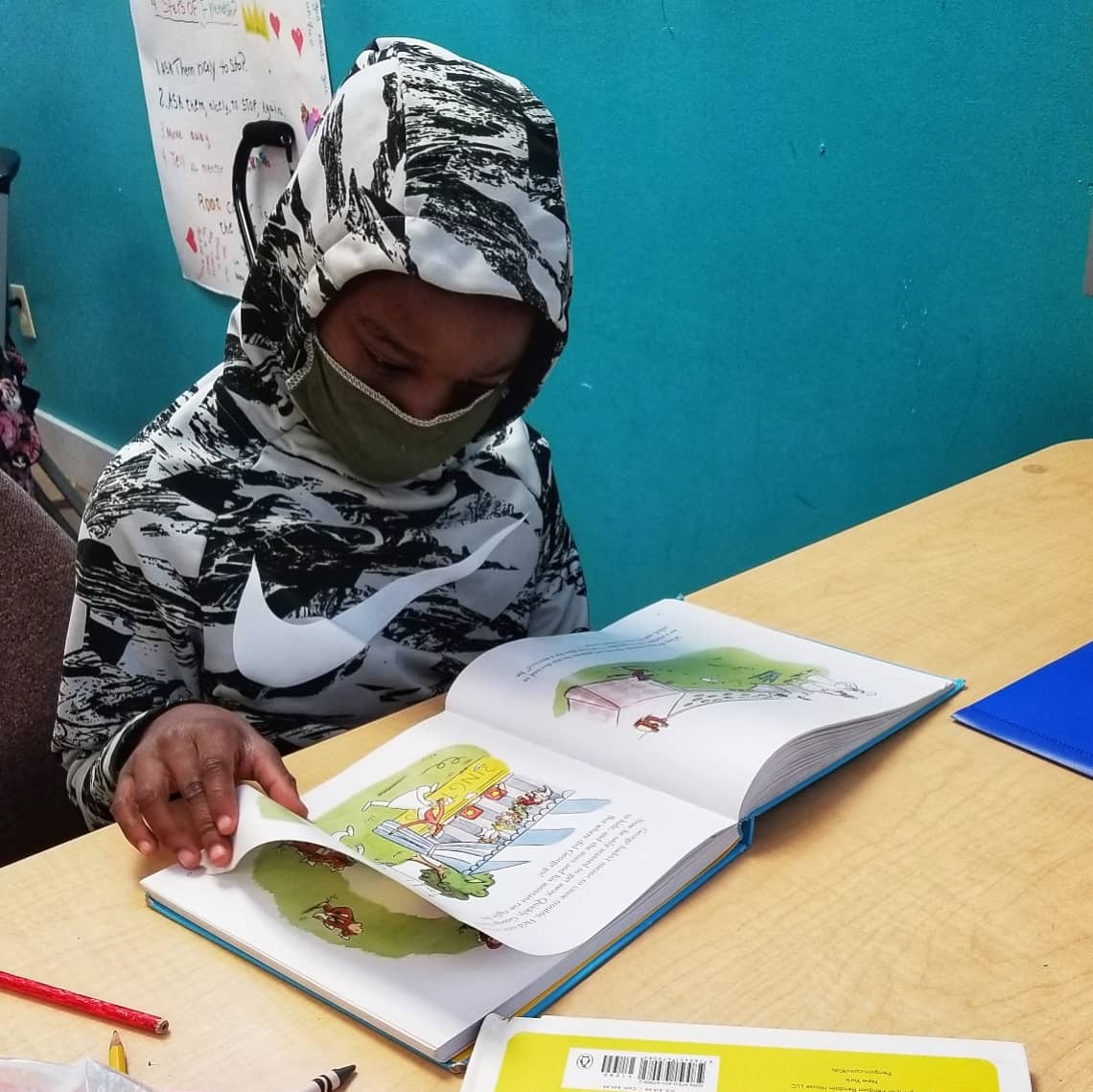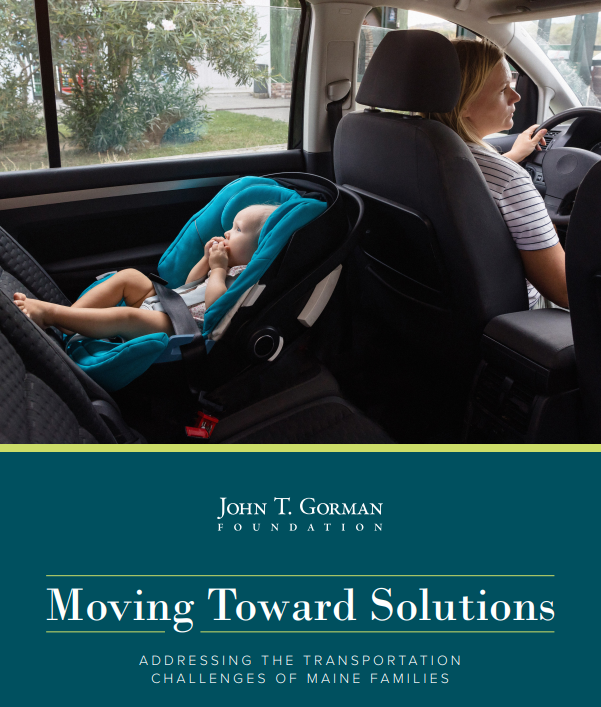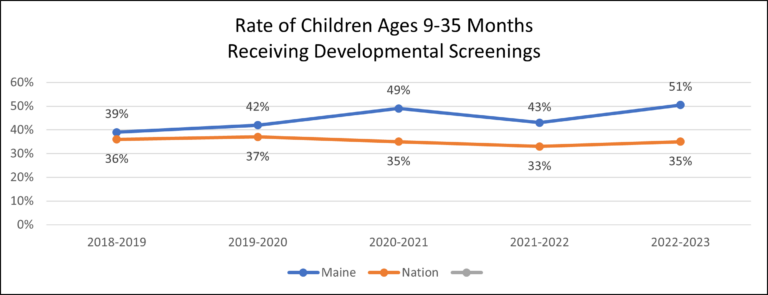
Since March, the John T. Gorman Foundation – like many others in Maine’s philanthropic community – has reallocated as many resources as possible to support the increasing and evolving needs of vulnerable Mainers during the COVID-19 pandemic. In the spring, $500,000 was awarded to provide food and shelter grants, followed soon after by $700,000 in annual Direct Services Grants to help organizations cover a wide range of essential needs for the Mainers they serve. This summer, another $500,000 was granted to address rising concerns about domestic violence, the safety of children and families, and the well-being of Maine’s tribal communities.
The Foundation is now responding to help families through a school year unlike any other – with $235,000 in grants to supplement partners’ efforts to provide childcare and remote learning support in Lewiston, and for a collaboration to strengthen literacy among English Language Learner families in Portland’s East Bayside Neighborhood.
“With the most diverse neighborhoods in the state – as well as some of the deepest pockets of poverty – both Lewiston and Portland are key areas to the John T. Gorman Foundation. One thing we’ve worried about is that the pandemic’s shift to remote learning would widen already existing education gaps for children in these communities,” said Foundation Chief Program Officer Nicole Witherbee. “These latest grants fund two strategies intended to reduce that gap – providing students with safe, enriching places to learn when they aren’t able to be in school, and helping to strengthen parents’ own literacy, which will benefit their capacity to assist their children with remote learning. We’re grateful to our partners in Lewiston and Portland who are supporting children and families in new ways.”
Safe Learning Centers
Like others across the state, Lewiston is using a hybrid model for schools this fall, with students in school for two days a week and learning remotely for the other three. As one of the poorest parts of the state, many working families have struggled to find childcare options for these hours and to ensure that students are still able to cover material when they are not in school.
Federal funding has recently been awarded to help community nonprofits – including several in Lewiston – provide this care and learning supportthrough the end of December. But many essential costs of delivering these programs are not eligible for federal funds.
The Foundation has awarded grants to four organizations in Lewiston – The Root Cellar, Boys and Girls Club of Lewiston/Auburn, Maine Immigrant and Refugee Services, and Tree Street Youth – to close funding gaps and strengthen offerings. These resources will help purchase supplies and computers, and cover technology support, in-person visits, and increased staffing costs. Each organization is tailoring their approach to the families they serve, but the goal remains the same: providing safe, supervised places for students to spend time and continue learning when they cannot be at school or at home.
Two-Generation Approach for English Language Learner Families
Any parent who has been assisting their children with remote learning knows the job is not easy – whether dealing with technology, keeping track of a student’s responsibilities, or helping with homework, it can be a demanding and challenging role. For parents who are not fluent in English and new to the American education system it can be even more challenging.
This is the case for many families whose students attend the East End Community School in Portland, which serves many New Mainers living in Portland’s East Bayside neighborhood. About 70% of the school’s population are English Language Learners and 85% live in poverty. Without the full school support they would receive during a typical year, these young students risk falling further behind their peers academically, especially in English literacy.
But with the right support, caregivers from these families can be better equipped as teachers – while strengthening their own literacy in the process. That is the hope of a new collaboration between Portland Adult Education and East End Community School. Using a two-generation approach, 15 families of East End School students will receive intensive instruction and other supports with the goal of increasing literacy for the entire family.
Strategies are aimed at the parents individually and the family as a whole. Parents will receive instruction from Portland Adult Education with a specific focus on English language literacy, as well as family literacy activities where parent and child can learn together. Families will also be connected to community services and other resources to help remove barriers to their education.
“There’s no doubt that the pandemic has taken a toll on all Maine families. But it is especially challenging for those who have fewer resources and face other inequalities,” Witherbee said. “With the help of our partners, we hope these grants help disadvantaged families get through this time a little more easily and, as much as possible, keep children engaged in school and learning.”



